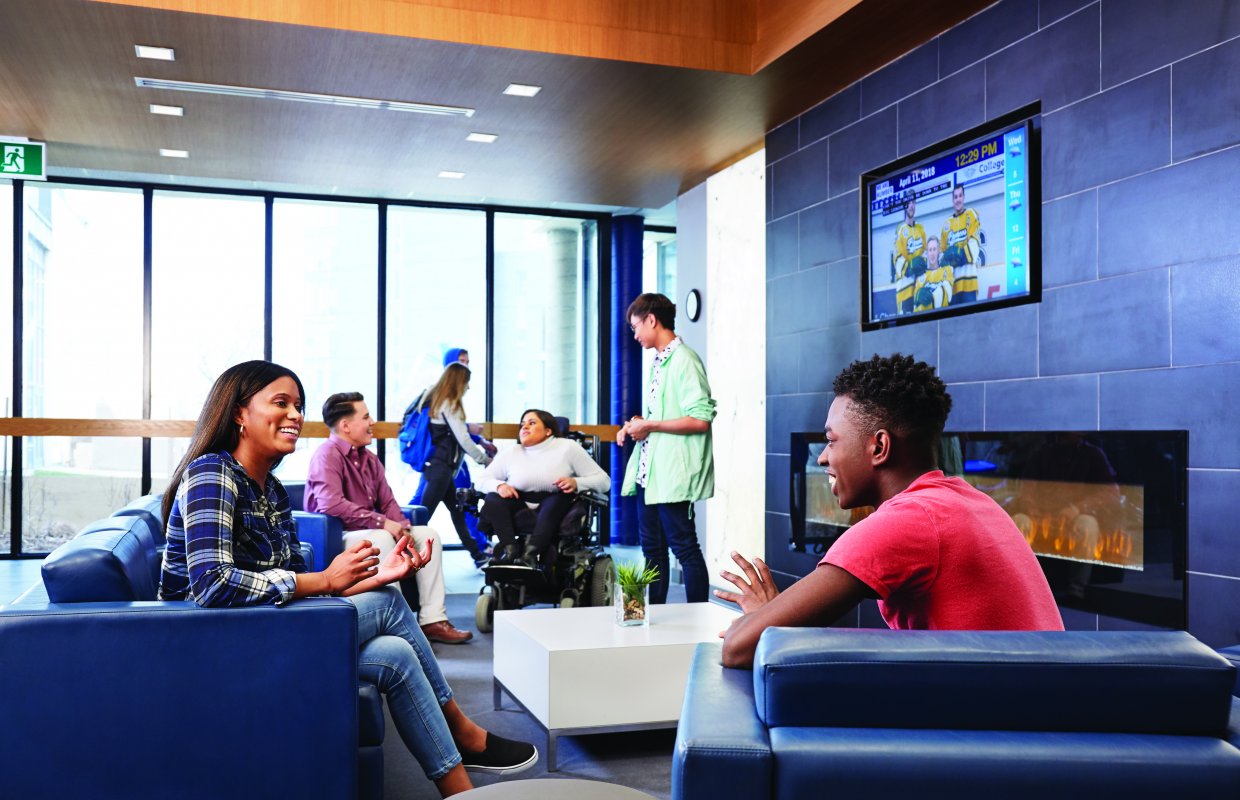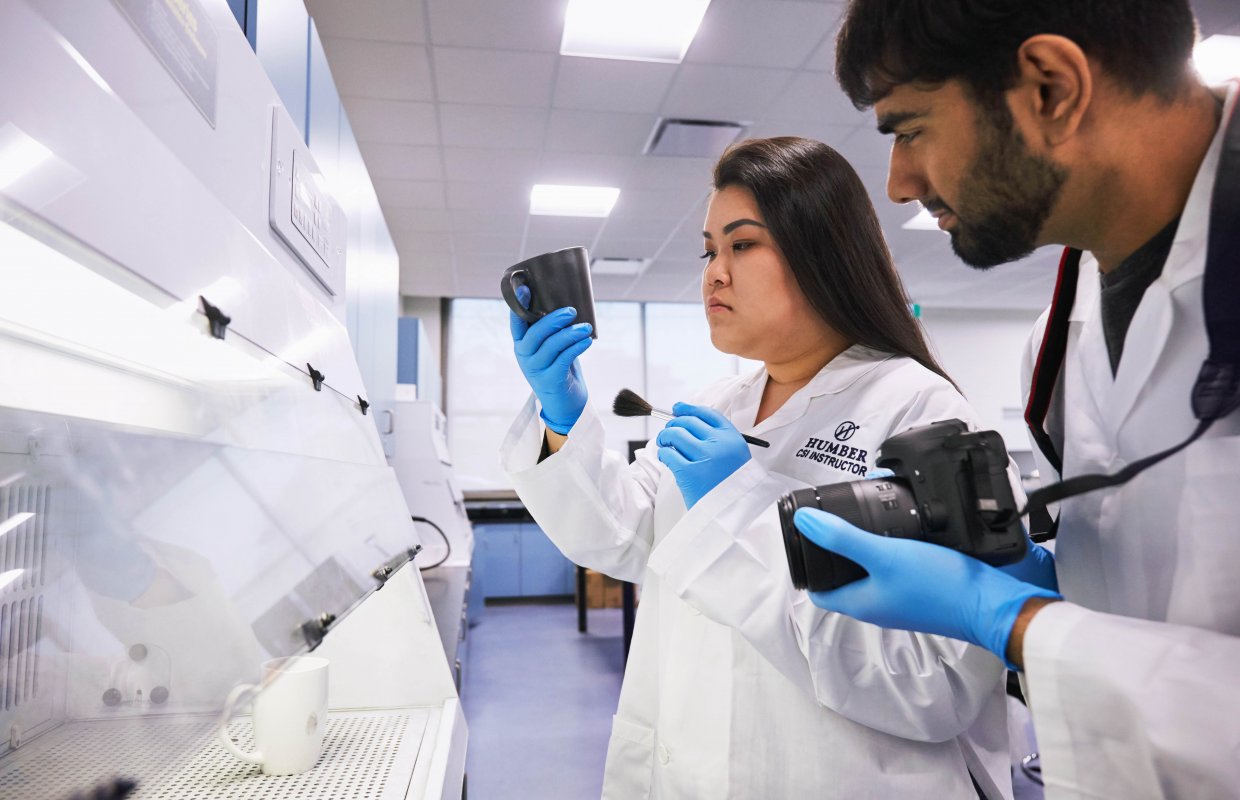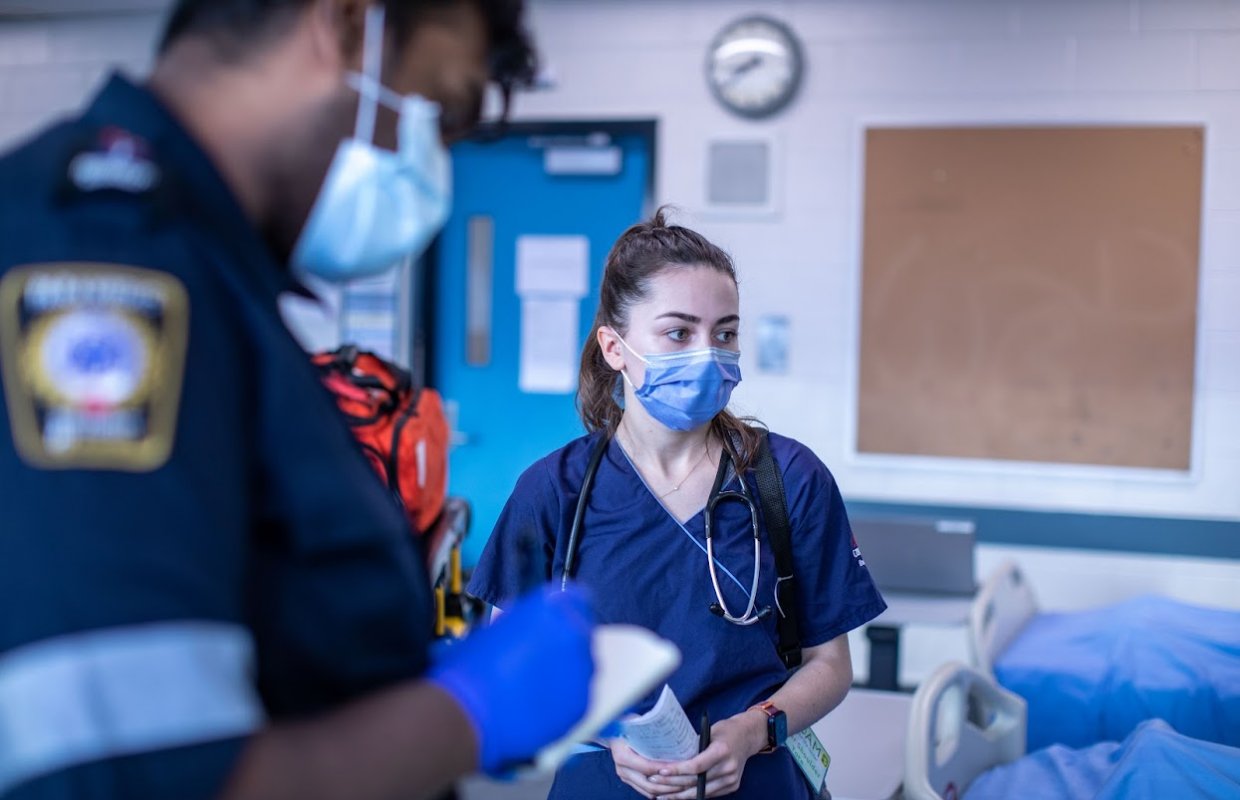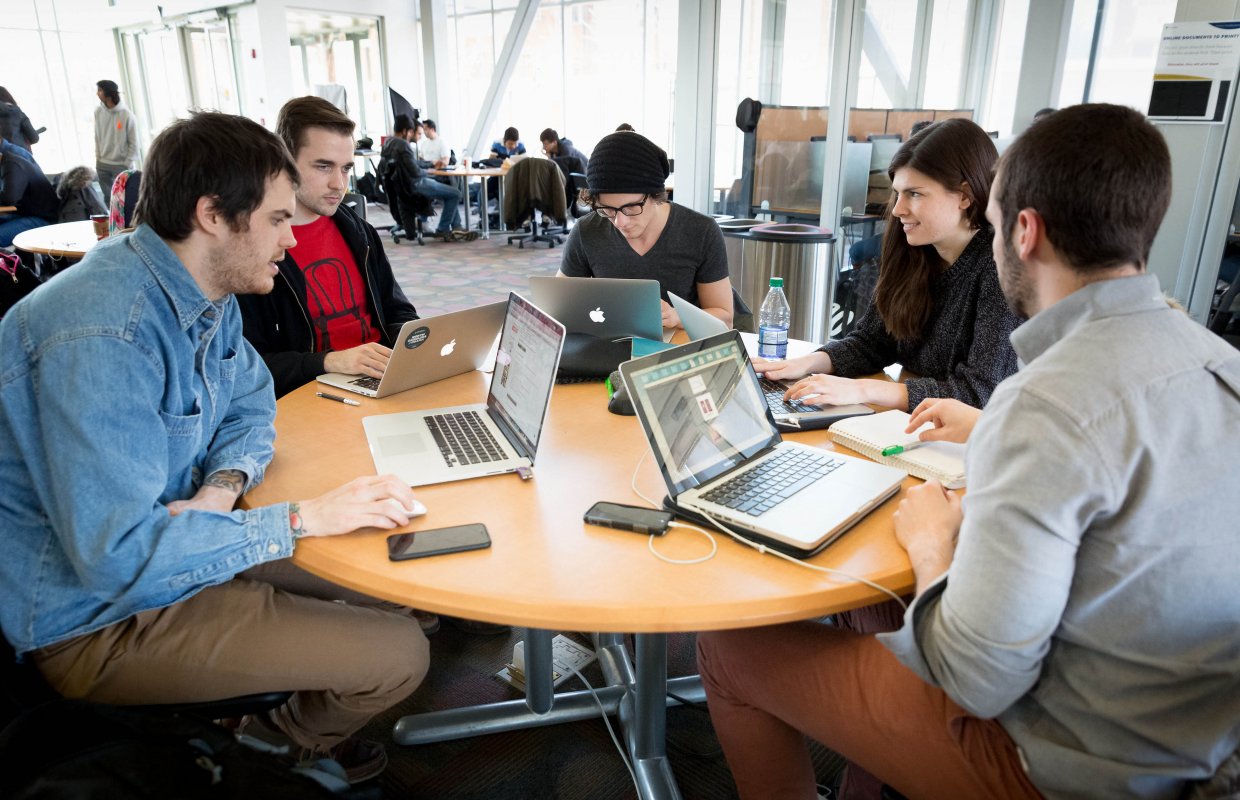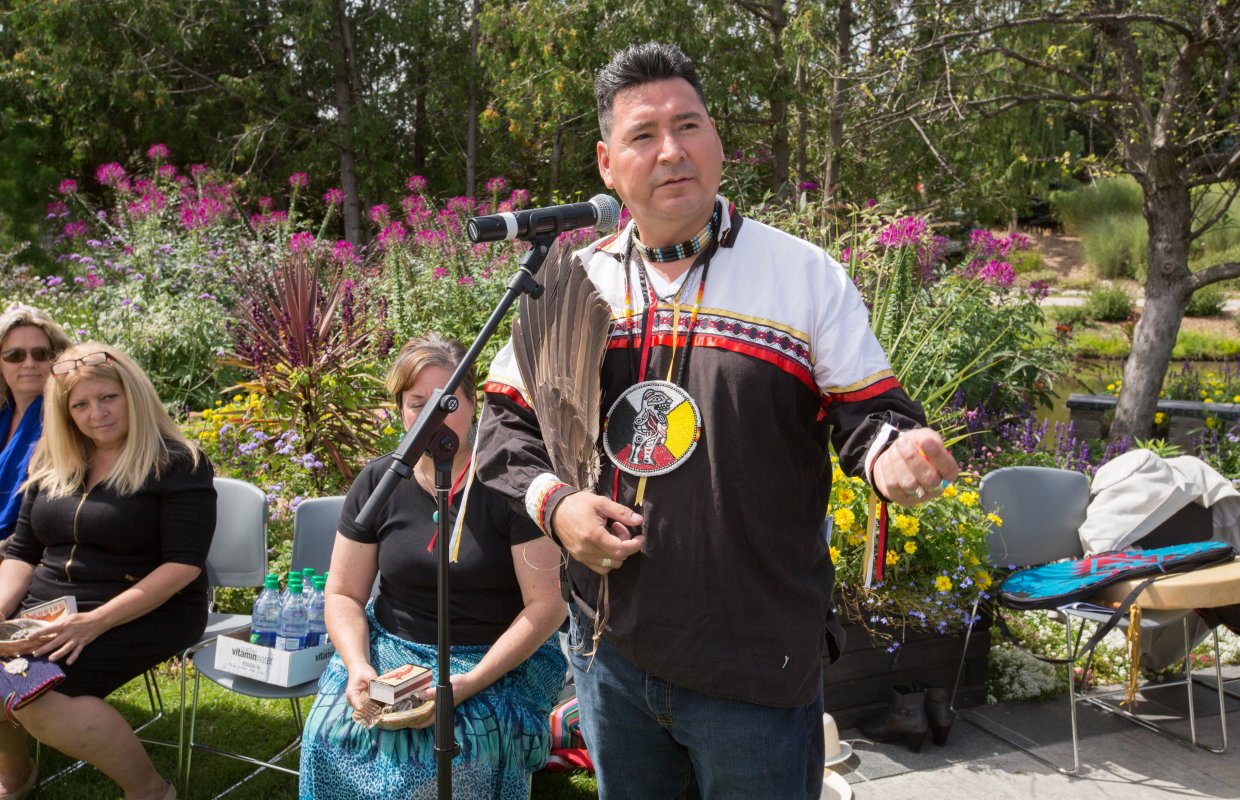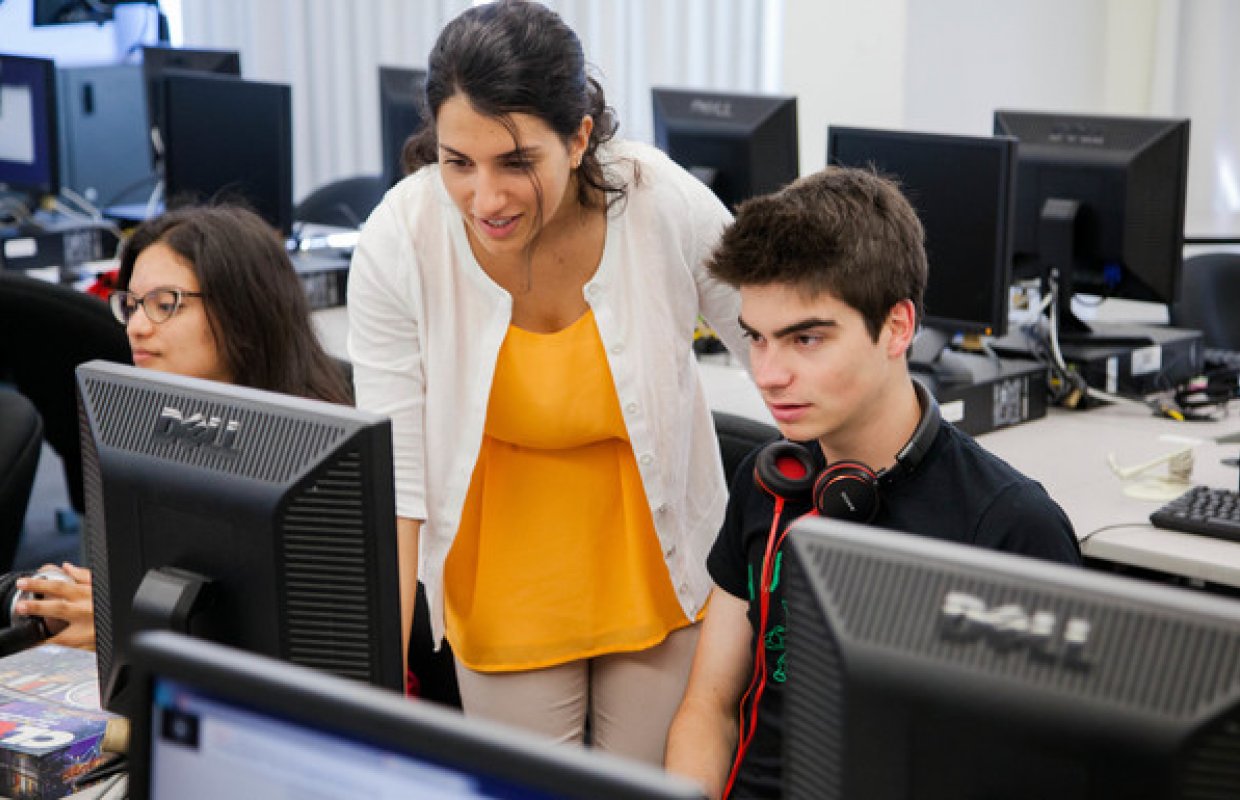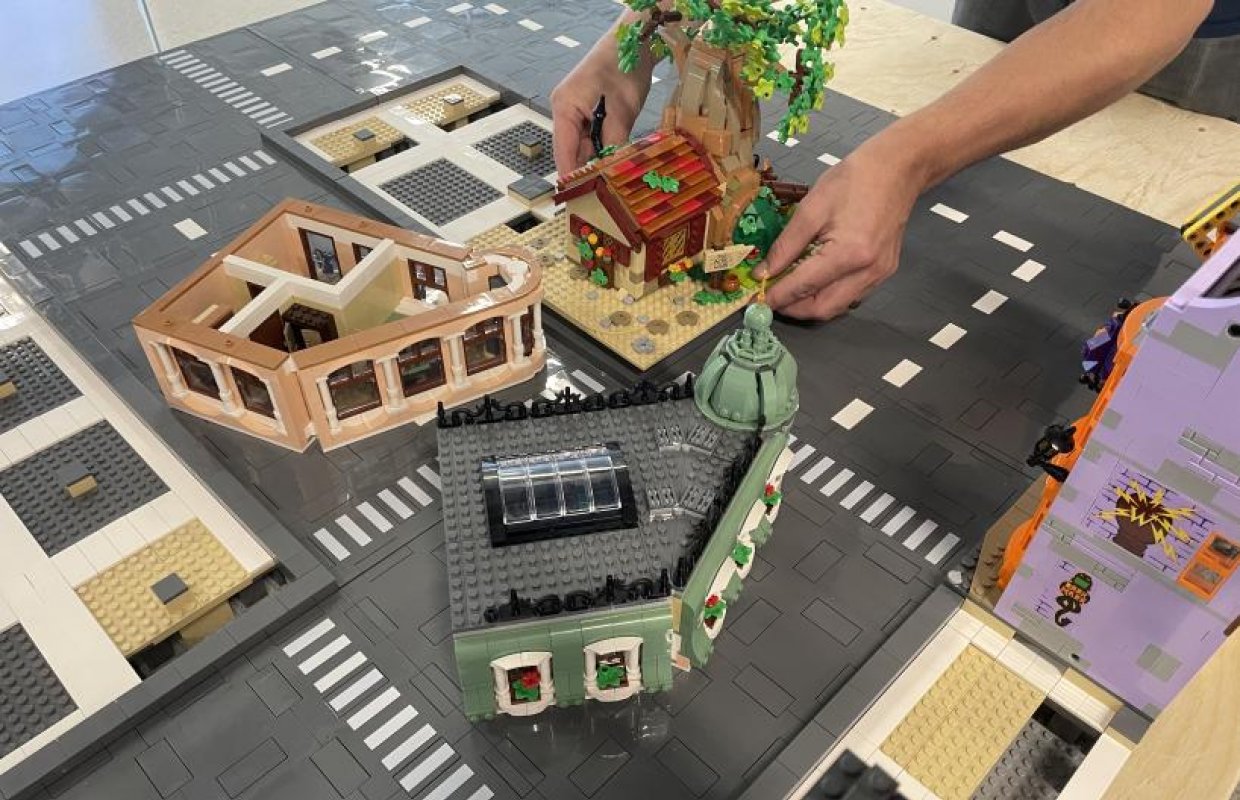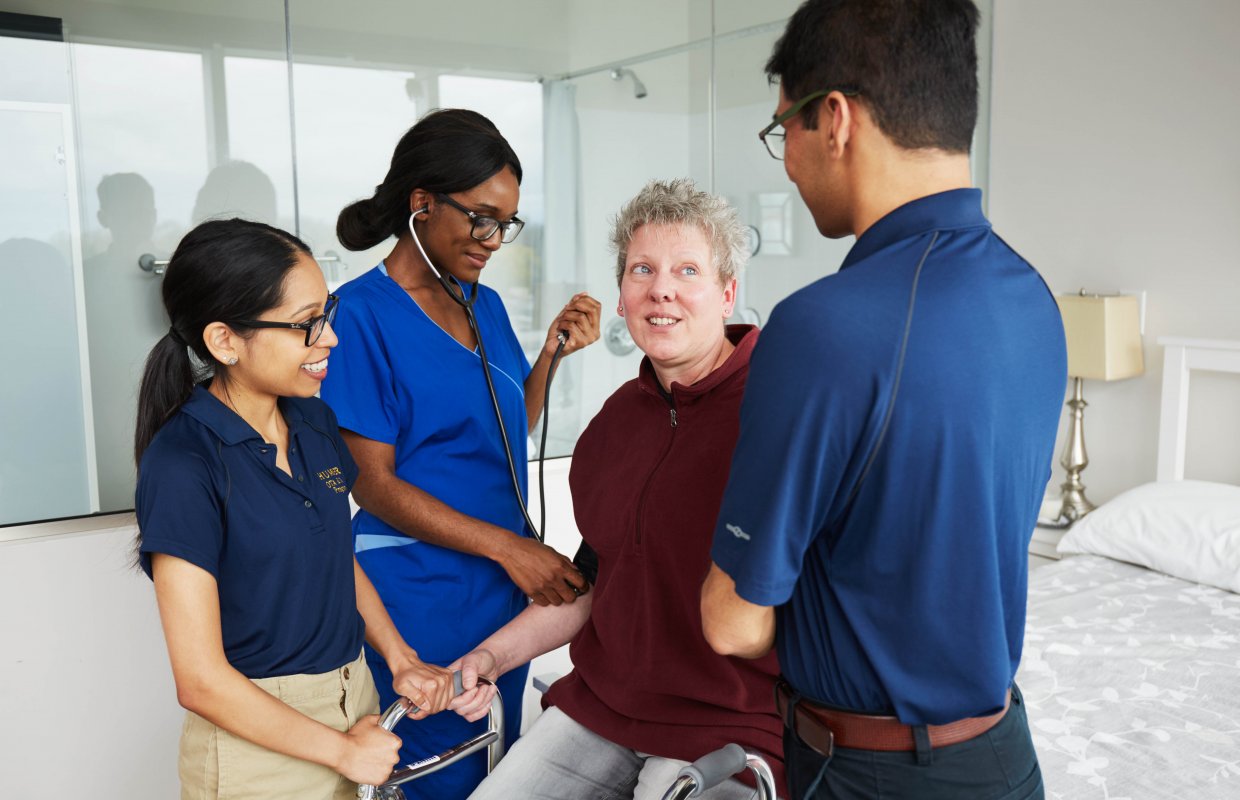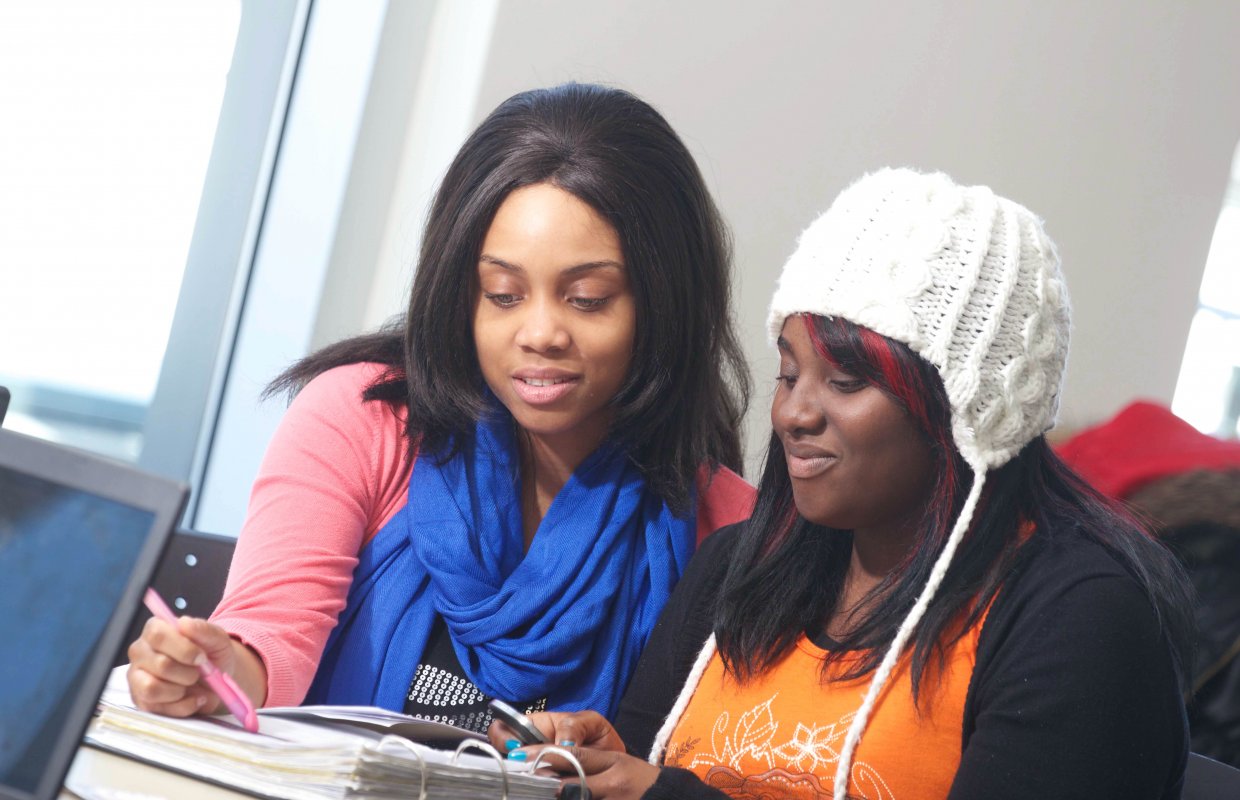We encourage our faculty and staff to continue to push boundaries and look forward to accepting applications in the future.
The possibilities are endless!
Humber is pushing the boundaries of how we design and deliver the best possible learning experience for every student at Humber.
We encouraged and invited our faculty and staff to submit proposals that support the goals of the Humber Academic Plan - Priority 3: Empowering Teaching and Learning. This includes approaches to offering learners flexibility, personalization, digital fluency and harnessing new technologies in teaching and learning. All the proposals embraced creativity, risk taking, and innovation and we extend our gratitude to everyone who submitted their ideas.
We are honoured to present the 9 proposals by Humber faculty and staff that were chosen as the inaugural recipients of Priority 3: Empowering Teaching and Learning.
Congratulations!

